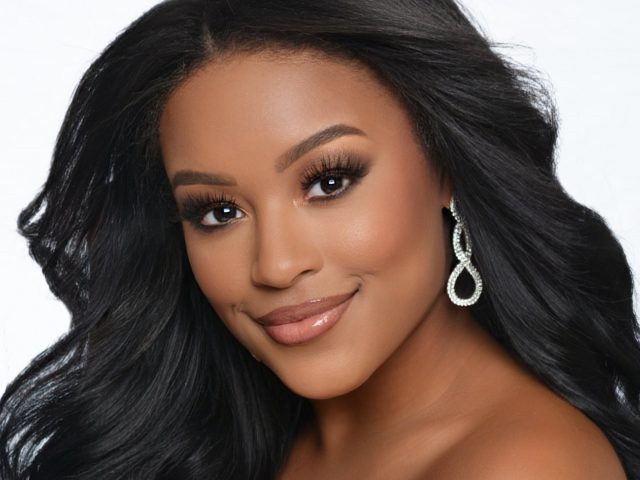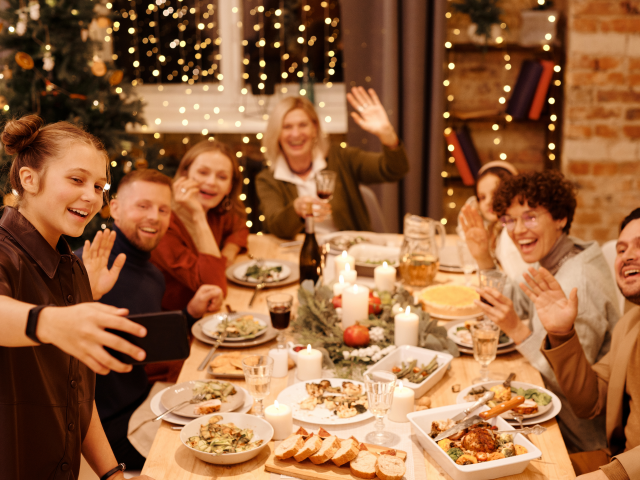July is National Minority Mental Health Awareness Month, and it’s an essential time to talk about our relationships and the unique challenges faced by minority communities.
The Impact of Domestic Violence in Communities of Color
Domestic violence is a pervasive issue in communities of color, exacerbated by historical and systemic inequalities. African American women experience higher rates of domestic violence compared to their white counterparts¹. The intersection of race and gender often means that survivors of color cannot rely on law enforcement for support. Black men are more than twice as likely to be brutalized or killed by police, and Black women face the risk of being criminalized or incarcerated while attempting to escape abuse ¹.
For minorities, these toxic behaviors add to other stresses like discrimination and stigma. Latina women face intimate partner violence at a rate of 1 in 3², and Native American women endure some of the highest rates, with more than 4 in 5 experiencing violence in their lifetime ³ Asian women also face significant challenges, with 21-55% reporting intimate partner violence, often compounded by cultural stigmas that discourage speaking out ⁴.
Mental Health Impacts and Cultural Influences
The mental health impacts of relationship abuse are profound. Survivors often struggle with anxiety, depression, PTSD, and other mental health issues. Cultural factors can also influence the experience and reporting of abuse. In many cultures, speaking out about abuse is stigmatized, and survivors may face isolation or rejection from their communities.
Access to culturally appropriate resources and support services is crucial. Raising awareness, educating, and providing supportive services tailored to the unique needs of these groups can significantly aid in recovery and healing. Addressing relationship abuse’s impact on mental health in minority communities fosters a more inclusive and equitable society.
Get Help
If you or someone you know is experiencing an abusive relationship, help is available:
- Call The National Domestic Violence Hotline: 1-800-799-7233 (24/7) for expert support.
- Call a Peer Advocate: 1-866-331-9474 to explain your situation and receive support and education.
- Live Chat: Visit Loveisrespect.org for a live, discreet, and confidential chat service specifically for young adults.
- Text Message: Get in touch with a peer advocate by texting “LOVEIS” to 22522. You will receive an immediate response from a peer advocate who will help you find solutions to your situation.
How to Help a Friend Who May Be Feeling Suicidal
If you know someone who may be feeling suicidal, it’s important to act with care and urgency:
- Call the National Suicide Prevention Lifeline: Dial 988 to be connected to support for anyone experiencing suicidal thoughts or a mental health crisis.
Recognizing and addressing these behaviors is essential for supporting mental health and fostering healthier relationships in all communities.
-Carla M Kozen, Content Manager
Sources
- “Domestic Violence in Communities of Color” – National Institute of Justice
- “Intimate Partner Violence Among Latinas” – National Latin@ Network
- “Violence Against Native American Women” – Indian Health Service
- “Statistics On Violence Against API Women” – Asian Pacific Institute on Gender-Based Violence
Browse by Category

Don’t Be on the Naughty List: Spotting Unhealthy Relationship Signs This Holiday Season
The holidays are meant for joy, connection, and celebration—whether it’s Christmas, Hanukkah, Kwanzaa, or cozy winter vibes. But if someone…
How to Have Healthy Holiday Conversations with Family (and Prep Your Partner)
The holidays are a time for family, good food, and—let's…
Finding Strength in Our Stories: Domestic Violence Awareness Month
⚠️ Trigger Warning: This blog includes content and language related…
Understanding Domestic Violence Awareness Month (DVAM)
October is almost here, and that means it’s time to…
4 Students Share How They Helped a Friend in an Unhealthy Relationship
Watching a friend struggle in an unhealthy or abusive relationship…














